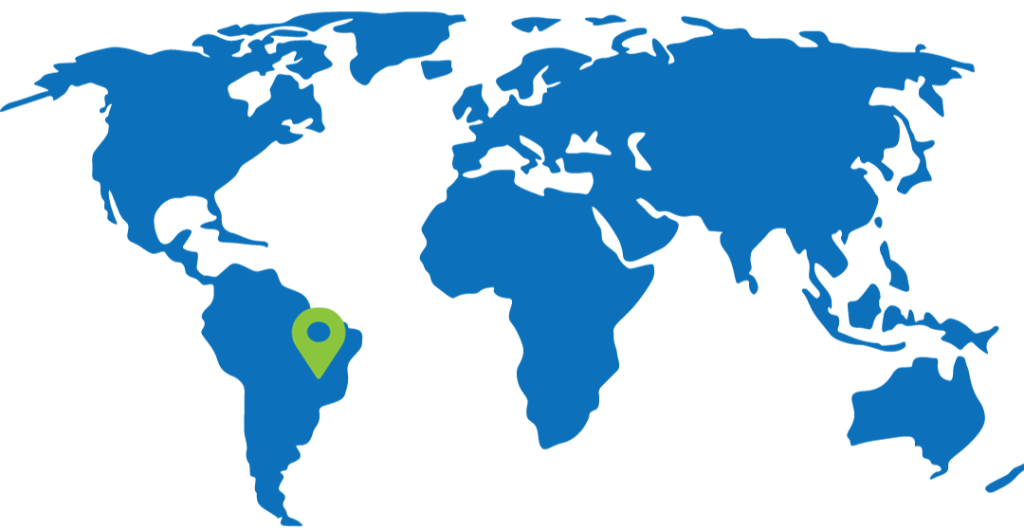As Brazil advances toward formalizing its Artificial Intelligence (AI) regulatory framework through Bill No. 2,338/2023, discussions are intensifying around how the government should structure its oversight capabilities. Alexandre Freire, a board member of Anatel (National Telecommunications Agency), recently emphasized the importance of balancing central coordination with sectoral expertise in an article titled “AI without institutional dialogue?”.

Why Sector-Specific Oversight Still Matters
Agencies like Anatel, Anvisa (health), Aneel (energy), and ANA (water and sanitation) bring years of regulatory experience and sectoral knowledge. Their technical specialization is critical for addressing the diverse and evolving risks associated with AI applications across sectors.
Freire highlights that AI deployed in healthcare diagnostics, for example, poses very different regulatory challenges than AI used in telecommunications or financial services. Sector regulators are best positioned to understand and manage these distinctions.
Towards an Integrated Oversight Model
The proposed approach is not one of redundancy, but of institutional integration. Freire recommends a framework in which:
A central AI oversight authority defines overarching principles and ensures cross-sectoral alignment.
Sector agencies retain jurisdiction over how these principles are interpreted and enforced within their respective domains.
To facilitate this model, Brazil could implement mechanisms such as:
Clauses that define precedence between general and sector-specific standards.
Standing interagency committees for regular coordination.
Reciprocal consultation systems between the central body and sector regulators.
Use of regulatory sandboxes to allow controlled testing of new AI applications.
Regulation Balance
Freire cautions against both extremes—over-centralization risks diluting technical expertise, while regulatory fragmentation could create legal uncertainty and inhibit innovation. The goal is a cohesive structure that merges centralized oversight with the agility and insight of sector-specific regulators.
He frames the debate as both a technical and political decision that could shape Brazil’s global standing in AI governance. “Brazil’s success in AI regulation will depend on our ability to harmonize unity and diversity,” Freire states, underscoring the importance of regulatory cohesion to protect citizens, promote responsible innovation, and uphold democratic values.
For this article’s source information and any product certification guidance, please contact Global Validity.
Quick Country Facts
Brazil
Certification Body: Agencia Nacional de Telecomunicaciones (ANATEL)
Certification Type: Mandatory
License Validity: 24/36 Months
Application Language: Portuguese
Legal License Holder: Local Representative
In-Country Testing Requirement: In-Country Testing
The regulatory information above is based on radio type approval certification. Access additional certification requirements in over 200 countries and territories with Global Validity’s free proprietary product certification management software, Access Manager. Learn more about the platform here or fill our quick contact form!
Global Validity is your partner for global certification success
Want to learn more about regulatory compliance and how we can help? Simply fill out the form below and we’ll be in touch!
